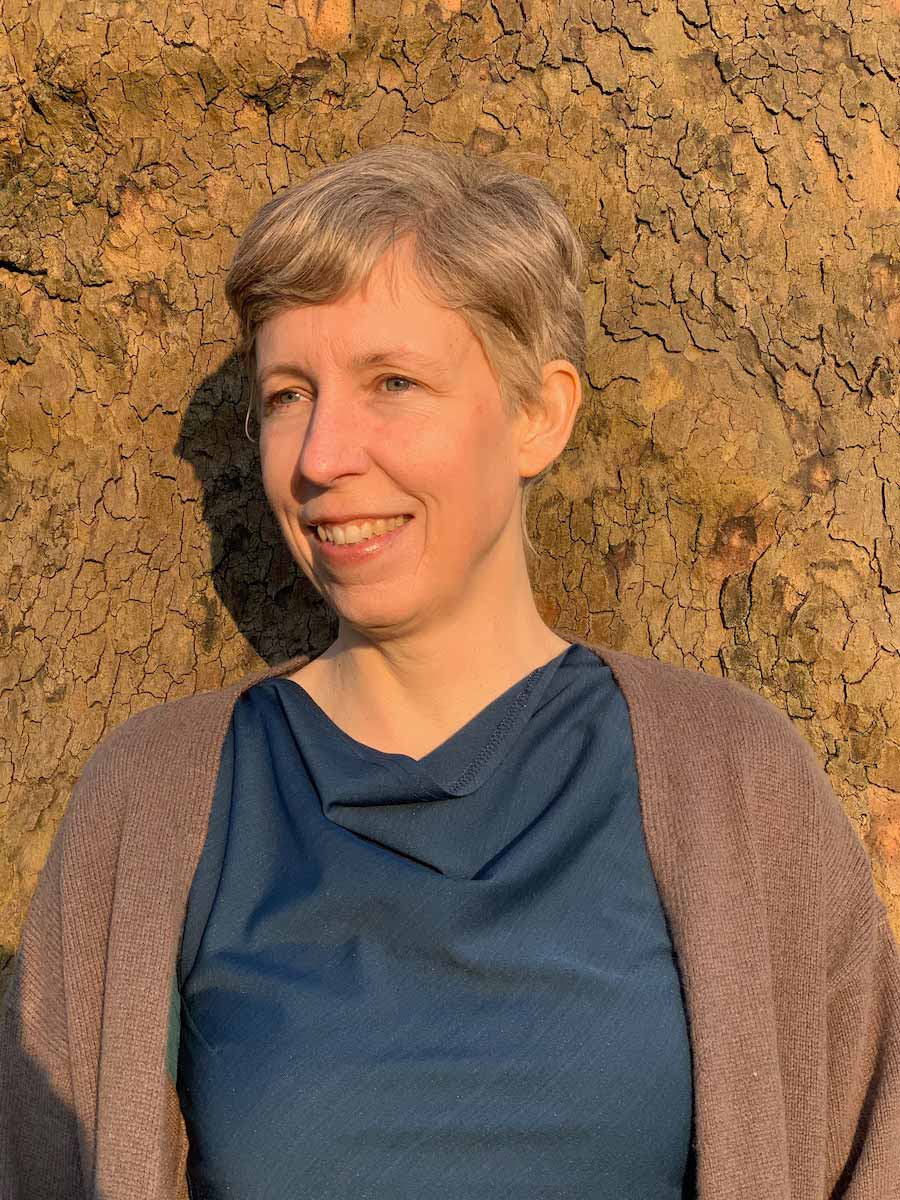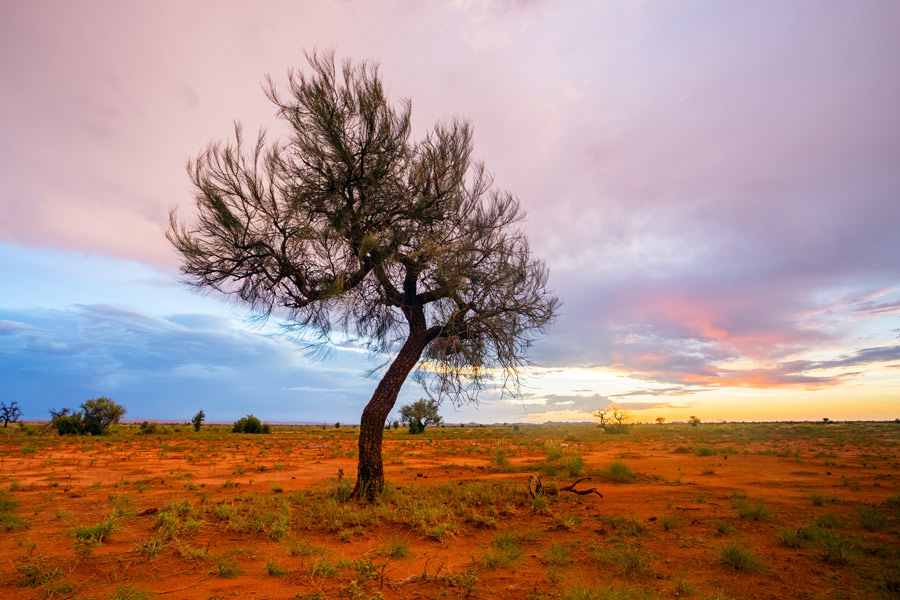About EMMA
Biography
Emma Styles writes contemporary Australian noir about young women taking on the patriarchy. No Country for Girls is her debut novel. It won the 2020 Little, Brown UEA Crime Fiction Award, was a Val McDermid New Blood pick at the 2022 Theakston Old Peculier Crime Writing Festival, and has been longlisted for the 2023 Authors’ Club Best First Novel Award and the CWA New Blood Dagger.
Emma grew up on Whadjuk Noongar Country in Perth, Western Australia and now lives in London where she was born. She has an MA in crime fiction from the University of East Anglia and has worked as a veterinarian in country and coastal Australia and the UK. She spent her teens and twenties learning to ski, snowboard, ride horses and motorcycles, and fly small aeroplanes. She loves a road trip and once sat out a cyclone on the north west coast of WA in a LandCruiser Troop Carrier.

The Country
It’s hard to articulate the effect of growing up in a place with so much space, light, and warmth…
Western Australia made me welcome in a way I hadn’t experienced before. When I arrived in Perth from the UK aged nine, it felt like I’d landed in paradise. Our first rented house had the Indian Ocean at the bottom of the street and we swam and wore T-shirts all winter while the locals huddled in their winter coats. We started road-tripping north for family holidays the following year.
I remember the first time I stopped at the side of a highway on a road trip and experienced silence as a physical sensation in my ears. The first time I saw wedge-tailed eagles feeding on roadkill. The first time we sat in the car in near hysterics as a family because a huntsman spider was outside on a window and no one wanted to be the first to open their door.
I can’t imagine writing about Western Australia without the wildlife I’ve encountered playing its part. One of the first things I remember us learning at school was the number and variety of creatures that could bite, sting, poison, drown, kill, eat or otherwise harm you, from redback spiders to great white sharks and everything in between. What I remember most about that time is it was awe-inspiring rather than frightening.
The feeling of welcome I had arriving in WA felt like it came from the place itself, and from the sixty-plus thousand year-history of First Nations Australians’ continuous connection to country. This sense of welcome persists however far I travel from home, and is the reason I write the stories I do. My characters are often searching for that sense of belonging too.
The Characters
It’s never worked for me to read or write about female characters who don’t have agency...
In 1991 when the movie Thelma & Louise was released, I was a newly qualified veterinarian in rural Australia coming up against sexism and misogyny every day in my work and life. In one country town where I lived, I was told in no uncertain terms as soon as I arrived that of the upwards of twelve pubs in town, there was only one I’d feel safe in as a woman.
I made three female friends while I lived there — one married, one divorced, and one single in her early twenties, like me (I think we were the only two in town). I was on the east coast and a long way from home and family in Perth. I remember that time as one of strong female friendship I’m grateful for to this day.
Try as I might, I can’t remember which cinema I was in when I first saw Thelma & Louise. But I remember the electrifying effect it had. The laughter. The shock. My favourite lines. Thelma hanging up the phone when she knows right away from Daryl’s hello that he’s aware of her crimes.
That movie was a gamechanger. I’d never needed anyone’s permission to do what I wanted but it felt like the world had tilted on its axis at a time when I was looking for my place in it. I was twenty years off writing my first novel but the seeds of the kinds of characters I write were right there. They don’t need anyone’s permission either.
The Characters
It’s never worked for me to read or write about female characters who don’t have agency...
In 1991 when the movie Thelma & Louise was released, I was a newly qualified veterinarian in rural Australia coming up against sexism and misogyny every day in my work and life. In one country town where I lived, I was told in no uncertain terms as soon as I arrived that of the upwards of twelve pubs in town, there was only one I’d feel safe in as a woman.
I made three female friends while I lived there — one married, one divorced, and one single in her early twenties, like me (I think we were the only two in town). I was on the east coast and a long way from home and family in Perth. I remember that time as one of strong female friendship I’m grateful for to this day.
Try as I might, I can’t remember which cinema I was in when I first saw Thelma & Louise. But I remember the electrifying effect it had. The laughter. The shock. My favourite lines. Thelma hanging up the phone when she knows right away from Daryl’s hello that he’s aware of her crimes.
That movie was a gamechanger. I’d never needed anyone’s permission to do what I wanted but it felt like the world had tilted on its axis at a time when I was looking for my place in it. I was twenty years off writing my first novel but the seeds of the kinds of characters I write were right there. They don’t need anyone’s permission either.
The JOURNEY
I’ve always enjoyed the journey as much as the destination…
There’s no journey quite like a road trip, and no road trip like one through remote Australia. Across the Nullarbor Plain with two friends before I started my first job as a vet. Adelaide to Melbourne along the Great Ocean Road at the end of 1999. From Perth to Broome in a LandCruiser Troop Carrier, skirting a cyclone on the way. I love the highway unspooling ahead and vanishing behind, not knowing where you will stop for the night.
Writing has been like that. A decision to set off. A first step on the road when I found an agent with my first novel and almost, but not quite, a book deal. Years in the wilderness when I wrote more novels and didn’t submit them to anyone because I didn’t think they were good enough.
I started writing as soon as I left Australia for the UK and all these stories were about home. No matter how dark the themes or what was happening in the plot, the characters were always looking for an experience of home and family, a connection to it as a way of understanding themselves in one way or another.
That tension between the known and unknown, home and away, has permeated my life and everything I write during all the years I’ve been away from Australia.
Writing No Country for Girls, this love letter to Western Australia in the form of a dusty, gritty, road-trip thriller, transported me back home when the pandemic prevented me from visiting there in a physical sense at all. I’m so grateful to the book and these characters for keeping me connected to the place through dark times.
The Books
SEVEN BOOKS BY AUSTRALIAN AUTHORS THAT GOT ME TO HERE:
01. The Silver Brumby by Elyne Mitchell. This title and others in the series, about wild horses in the Snowy Mountains, transported me to a setting that was recognisably Australia but so different. These were the first books I read where the wildlife and landscape were characters in the story too.
02. Picnic at Hanging Rock by Joan Lindsay. A novel where the setting loomed large over the characters and plot, this was the first mystery story to completely confound me. I read and re-read it many times as a kid, convinced if I kept trying I’d eventually figure out what had happened.
03. Dirt Music by Tim Winton. Big characters with bigger backstories, dysfunctional families and a reverence for the landscape — I could include any one of Tim Winton’s novels in this list. This one ranges north of Perth to the Kimberley and feels as epic as the country itself.
04. Truth by Peter Temple. This novel told from the viewpoint of Inspector Stephen Villani, head of homicide in Melbourne, remains my all-time favourite work of crime fiction. Immersive, unflinching, and filled with longing and loss, I could read this book over and over again.
05. All the Birds, Singing by Evie Wyld. Set in Western Australia and the UK, with an isolated protagonist, Jake, haunted by events in her past that are literally bleeding into the present. A compelling read that pulls no punches and the unconventional structure makes it all the more devastating.
06. Too Much Lip by Melissa Lucashenko. This story of a queer, First Nations Australian woman returning home to family and country, trying to stay out of prison and getting way more than she bargained for in the process is loud, in your face, utterly original and darkly funny.
07. An Isolated Incident by Emily Maguire. A different take on the aftermath of a horrific crime, this story took hold on the first page and hasn’t let me go yet. The women at the heart of this book are unforgettable and every interaction is raw and real and human. The title says it all.
05. All the Birds, Singing by Evie Wyld. Set in Western Australia and the UK, with an isolated protagonist, Jake, haunted by events in her past that are literally bleeding into the present. A compelling read that pulls no punches and the unconventional structure makes it all the more devastating.
06. Too Much Lip by Melissa Lucashenko. This story of a queer, First Nations Australian woman returning home to family and country, trying to stay out of prison and getting way more than she bargained for in the process is loud, in your face, utterly original and darkly funny.
07. An Isolated Incident by Emily Maguire. A different take on the aftermath of a horrific crime, this story took hold on the first page and hasn’t let me go yet. The women at the heart of this book are unforgettable and every interaction is raw and real and human. The title says it all.
Acknowledgement of country
I acknowledge the Traditional Owners and Custodians of the lands, waters and skies where this story is set, and where I live and work when in Australia, and I pay my respects to Elders past, present and emerging. I support the Uluru Statement from the Heart and recognise that sovereignty has never been ceded and this always was, and always will be, Aboriginal land.

FOLLOW ME ON INSTAGRAM: emmastylesauthor
